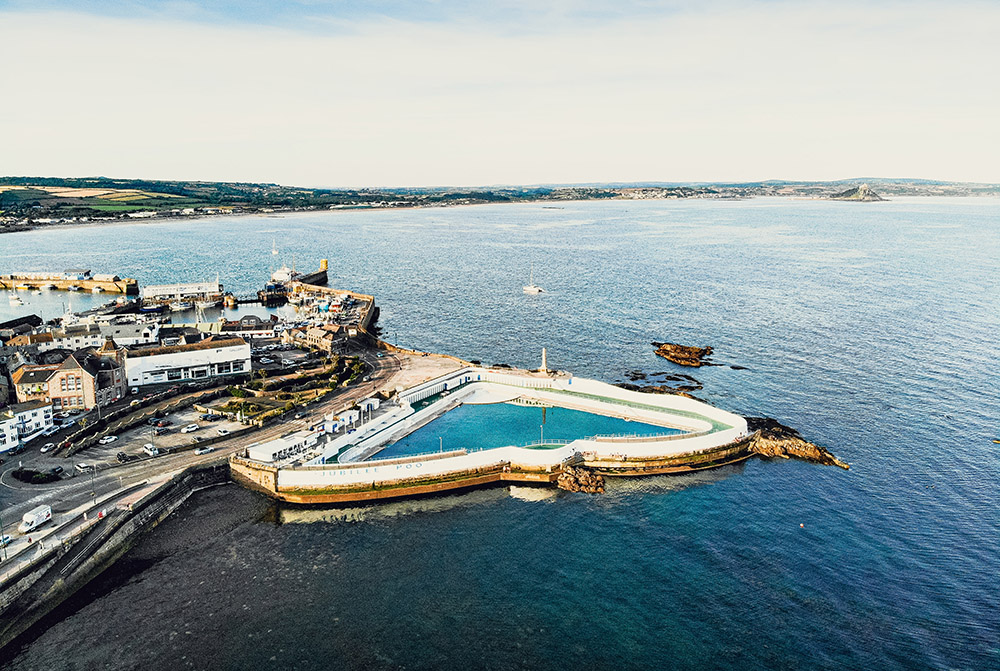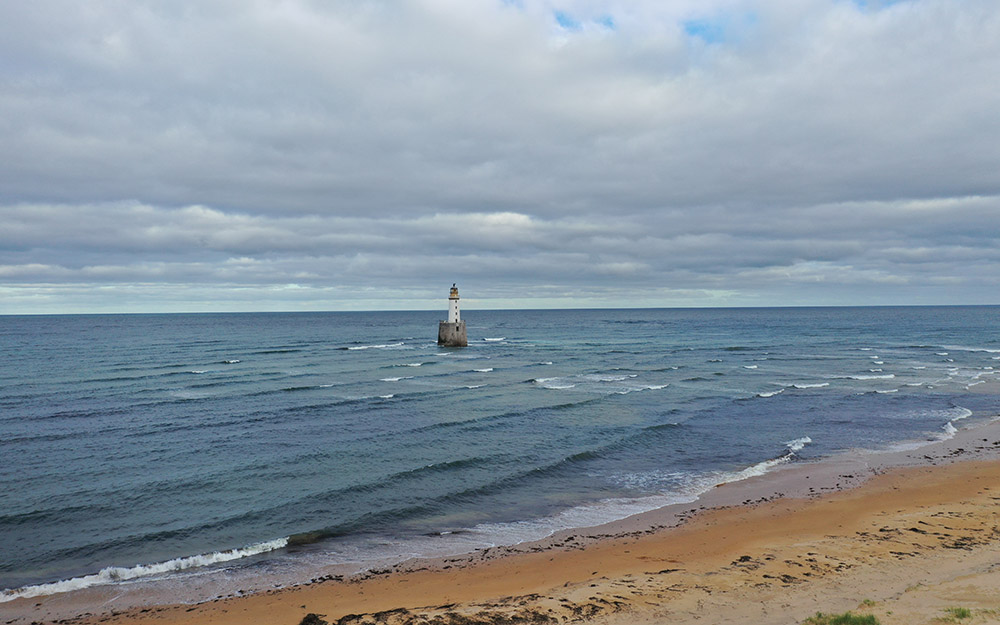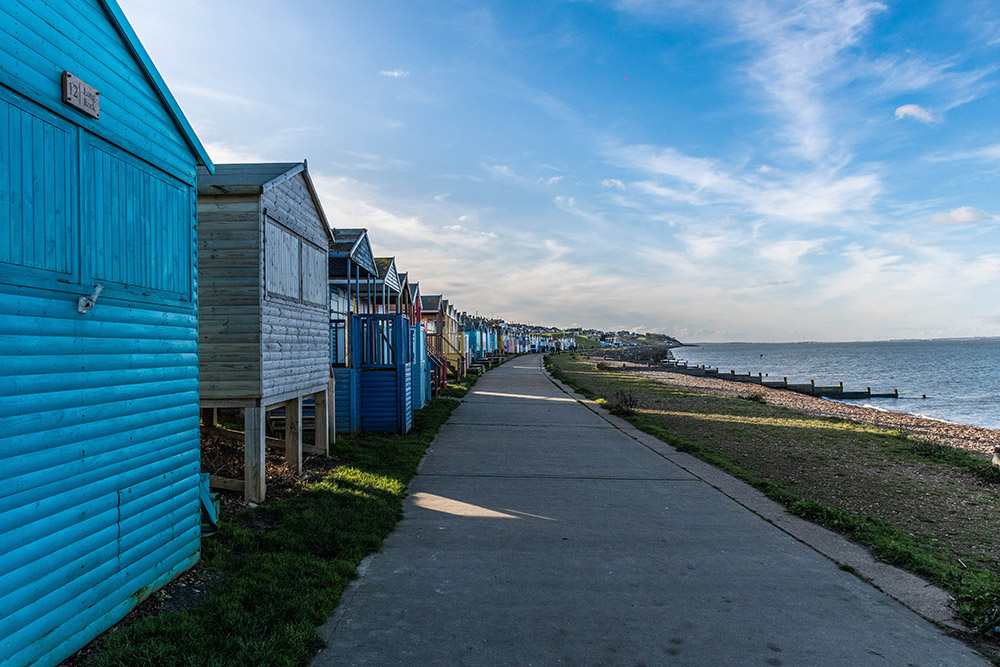Whether day tripping to the British coast this summer or setting out on a trusty staycation, you’re sure to find some of the sandiest beaches, prettiest harbours and tastiest seaside delicacies around.
Our coastline might be packed with rugged scenery and family-friendly amusements, but many of our favourite seaside spots are also home to historic UK fishing fleets. From sardine fishing in Cornwall to cockle picking in Whitstable, there is plenty of local sustainable seafood for you to sample.
We’ve compiled a list of some of the best beaches that neighbour our MSC certified fisheries. Get out and enjoy fresh seafood this summer while soaking up the British coastline.

Newlyn
Just south of Penzance, Newlyn is a picturesque Cornish town and houses England’s largest fishing port.
Visitors can make the most of its surrounding beaches and sparkling ocean, as well as all neighbouring Penzance has to offer, like its newly refurbished infamous art deco jubilee pool.
The MSC certified Cornish sardine and hake fisheries operate out of Newlyn and other Cornish ports, catching fish throughout the summer months.
Did you know?
Every August bank holiday Monday, Newlyn port hosts its very own bustling fish festival, celebrating all things fish through arts, crafts and cookery.
Norfolk
Norfolk is home to vast, wild beaches surrounded by scenic countryside. A haven for wildlife, the North Norfolk coast and the Wash (a large, rectangular bay) is a marine protected area, famous for its abundance of birdlife and seals.
Titchwell beach, on the edge of RSPB Titchwell Nature Reserve, is a great spot for nature watching and exploring old military shipwrecks.
The MSC certified brown shrimp fishery is based in the Wash ports of King’s Lynn and Boston. It sells brown shrimp to local businesses around the Norfolk coast, as well as exports to nine European countries.
Did you know?
Brown shrimps can change colour to camouflage themselves from predators and blend in with their surroundings.

Peterhead
Nestled into the Aberdeenshire coast, in the far northeast of Scotland, Peterhead and the surrounding coastline is home to beautiful, and quiet beaches, rugged cliff tops and a bustling fishing port.
The coastline is a keen hiking spot. When exploring south of Peterhead you’ll likely spot the dramatic Slains Castle ruin overlooking Cruden Bay.
The MSC certified northern demersal fishery, coordinated by the Scottish Fisheries Sustainable Accreditation Group (SFSAG), catch and land fish around Scottish waters and the North Sea.
Did you know?
Slains Castle, also known as New Slains Castle, is said to be the inspiration for Bram Stocker’s novel Dracula.
Poole
Nestled between Bournemouth, the Isle of Purbeck and the Jurassic Coast in east Dorset, Poole is a vibrant seaside resort and home to the second largest natural harbour in the world (Sydney, Australia comes in first).
Poole’s golden beaches and shallow waters are ideal for water sports and stretch all the way from the Sandbanks Peninsula along the coast to Bournemouth.
The MSC certified clam and cockle fishery is based in the tranquil bay of Poole Harbour. The fishing season starts in May and runs until mid-December, with sustainably sourced shellfish being sold to local restaurants, suppliers and Waitrose supermarkets.
Did you Know?
The clams found in the harbour are actually native to Japan! They were brought over in the 1980s for aquaculture purposes and were soon safely naturalised.

Whitstable
Just an hour from London on the South Kent coast, Whitstable is filled with eclectic boutiques, beachfront B&B’s and traditional fish and chip shops – ideal for those seeking a quintessential British seaside experience.
Tankerton beach, harbour market and Whitstable castle and gardens are worth a visit. After a day of sightseeing, refuel by sampling the catch of the day unloaded in the harbour.
The MSC certified Thames cockle fishery operates out of Whitstable and two other English ports. Cockling has been a key part of the community for hundreds of years and continues to provide an iconic British seaside snack.
Did you know?
Up until the late 1960s, cockles were collected from the estuary by hand-raking them out of the sand at low tide. The cockles are now harvested using a mechanised dredge.
There are plenty of opportunities to find sustainable seafood across the UK and Ireland. Just look out for the blue MSC ecolabel and take a read of our handy shoppers guide on where to buy MSC certified products.

